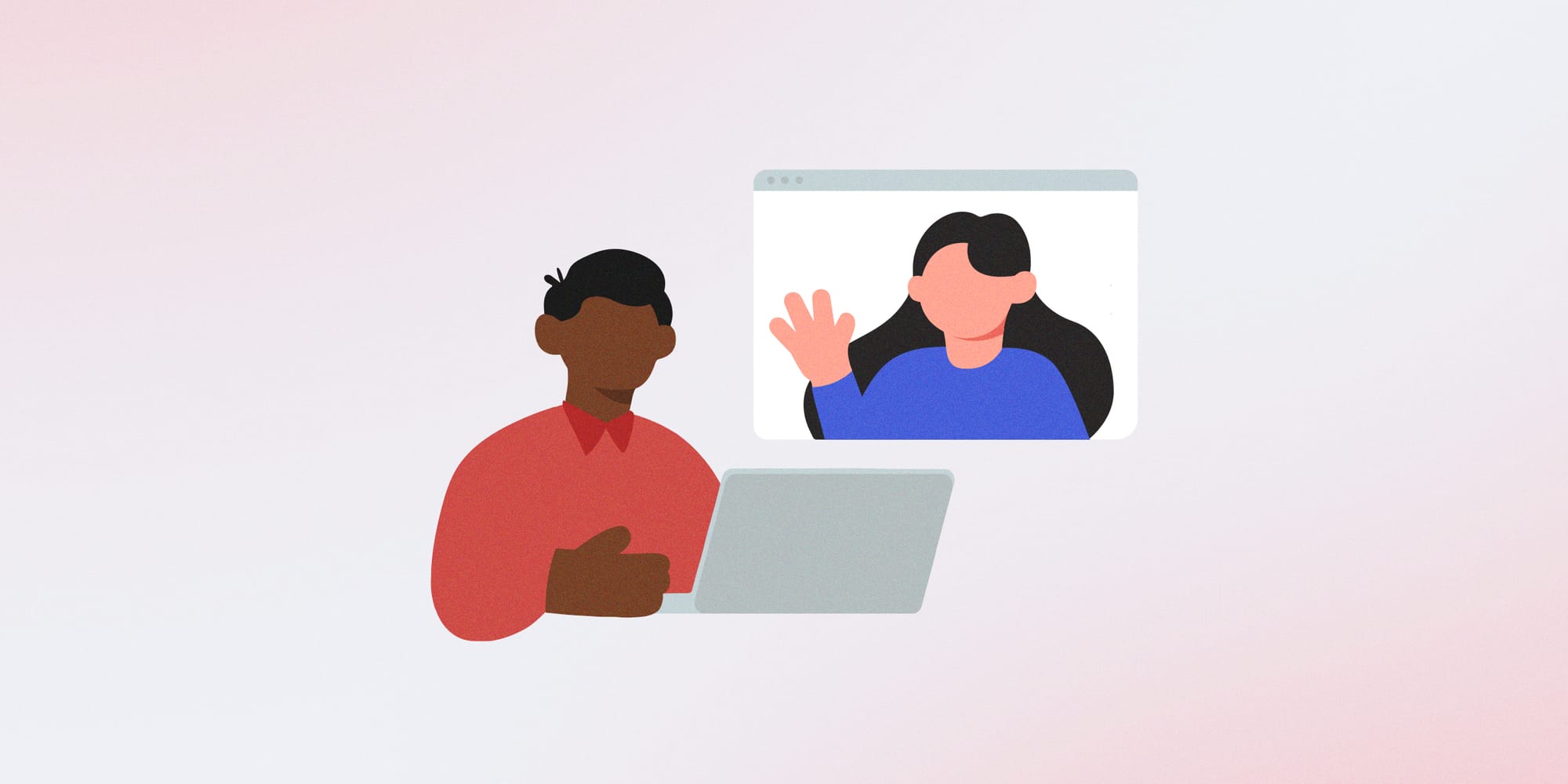How to Hire Freelance Developers Without Losing Your Mind

Finding the right developer is hard enough.
But trusting a stranger online to build your product or write mission-critical code?
That’s a whole different story.
Let’s face it—hiring freelance developers can feel like navigating a minefield. Missed deadlines, mismatched skills, ghosting... the internet is full of horror stories. Still, businesses keep posting gigs and hoping for the best.
You know what?
It doesn’t have to be like that.
Done right, hiring freelancers can give you technical firepower, flexibility, and serious bang for your buck.
The key is knowing how to do it—without wasting weeks or throwing your budget out the window.
Let’s break it down.
How to Hire Freelance Developers Without Losing Your Mind
⚡ What Went Wrong: A Quick Misfire Case Study
Let me tell you something.
A startup founder I know—let’s call him Dan—wanted to build an MVP to test a product idea. He hired a freelance developer through a popular marketplace. Good reviews, low rate, decent portfolio. Seemed solid.
Two weeks in, the developer was behind schedule. Three weeks in, Dan started asking for updates... and got vague responses. At the one-month mark, the developer ghosted.
Dan lost $3,000 and six weeks of runway.
What went wrong?
Honestly? Dan didn't scope the project properly. He didn’t vet the developer’s communication style or test their skill before hiring. And he never set expectations around deliverables or check-ins.
Hiring freelance developers isn't just about finding someone who can write code. It’s about finding someone who can deliver—on time, on scope, and with clear communication.
Let’s dig into how to actually make that happen.
Freelancer vs. Full-Time Dev: Which Do You Really Need?
This is where it gets tricky for a lot of business owners.
You might be thinking: Shouldn’t I just hire in-house? Wouldn’t that solve the problem?
Not always. Here’s a quick breakdown to help you decide.
When a Freelancer Makes More Sense
- You have a short-term project (4–12 weeks)
- You need niche technical skills (like React Native or Rust)
- You want flexibility without long-term overhead
- You’re validating a product before scaling a team
When an In-House Developer Is Better
- You’re building a complex product with long-term iterations
- You need someone embedded in your strategic thinking
- You’re managing multiple developers or systems
- You’re funded and ready to scale
Here’s the deal: Freelancers are great when you need fast execution, specific skills, and budget control. Full-timers are better when you need long-term alignment and team cohesion.
Bottom line? Choose based on your goals—not fear or what your competitor’s doing.
5 Red Flags to Watch When Hiring Freelance Developers
Real talk—most hiring mistakes come from ignoring the obvious. Here are some red flags that are easy to spot but often overlooked:
1. Vague or Buzzword-Heavy Portfolios
If their portfolio sounds more like a startup pitch than proof of work (“built scalable solutions using best-in-class frameworks”), ask for specifics. Real developers show you screenshots, repo links, or detailed problem-solution breakdowns.
2. No Coding Test or Trial Task
Let me be clear: you wouldn’t hire a chef without tasting their food, right? Same goes here. Always run a small paid test task—something real and time-bound.
3. Ghosting Between Messages
If they disappear during the vetting phase, imagine what will happen in week three of your build. Consistent communication is as important as clean code.
4. Overpromising on Timelines
“I can build you an iOS and Android app in 2 weeks!”... sure you can. Developers who underpromise and overdeliver are the ones you want.
5. No Questions Asked
A developer who doesn’t ask clarifying questions upfront will probably build what they think you need—not what you actually asked for.
There are more, but these five will save you from 80% of mistakes.
How to Hire Smarter: A Mini Q&A with a Freelance CTO
To get boots-on-the-ground insight, I spoke with Rachel Lee, a freelance CTO who’s launched over 30 products with remote developers.
Here’s part of our chat:
Q: What's the biggest mistake people make when hiring freelance developers?
A: “They rush it. They treat hiring like ordering takeout—scroll five listings, pick the fastest. But dev work isn’t just output, it’s problem-solving.”
Q: What questions should you always ask before hiring?
A: “Ask for a code sample or repo. Ask how they'd approach your problem. And ask what they’ll need from you to stay on schedule.”
Q: Any advice on setting expectations early?
A: “Yes! Always get alignment on three things: definition of ‘done’, communication cadence, and ownership after launch. If you skip that, you're inviting chaos.”
Q: Final tip for first-timers?
A: “Think of freelancers as partners, not just labor. You’ll get way better results that way, and they’ll care more too.”
Couldn't agree more.
At the end of the day, hiring freelance developers doesn’t have to be a gamble.
Test the waters before committing. Communicate clearly. Set expectations like a project manager. And walk away from anything that gives you pause.
You don’t need perfect. You need reliable, honest, and skilled.
Make the process work for you—not against you.
